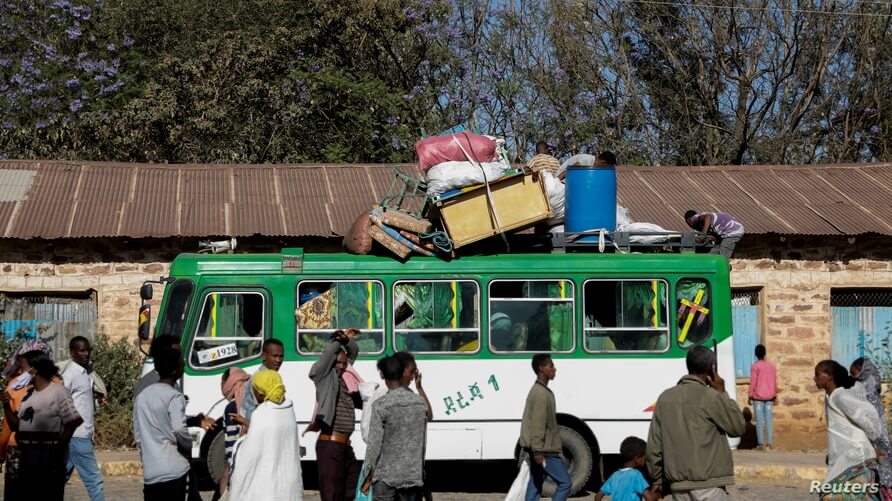
UN Disburse $65 Million in Aid to Ethiopia, Tigray
The United Nations is disbursing $65 million for humanitarian needs in Ethiopia, $40 million of which will go to the aid operation in the northern Tigray region.
“Ethiopian lives and livelihoods are being destroyed by drought, and children are suffering from malnutrition,” U.N. humanitarian chief Mark Lowcock said in a statement while announcing the release of the funds.
“And six months into the conflict in Tigray, civilians continue to bear the brunt. Women and girls are being targeted with horrific sexual violence, and millions are struggling to access essential services and food, especially in some rural areas that are completely cut off.”
He said the humanitarian response needs to be scaled up now. More than 16 million people need assistance across Ethiopia, including an estimated 4.5 million in the Tigray region.
Tigray has been the center of hostilities since November, when fighting broke out between the Tigray People’s Liberation Front (TPLF) and the government of Ethiopian Prime Minister Abiy Ahmed. Tens of thousands of Tigray residents have fled to Sudan to escape the fighting.
The U.N. is allocating $40 million to emergency needs in Tigray, including shelter and clean water. It will also fund programs to prevent and respond to sexual and gender-based violence, as mass rapes have been widely reported in the conflict.
Women and girls have described being brutalized, most often by men in uniform from the Ethiopian and Eritrean militaries, as well as other irregular armed groups and militias. Pramila Patten, the U.N. special representative on sexual violence in conflict, said recently that it could be many months before the full scale and magnitude of the atrocities committed against women and girls is known.
The U.N. says the remaining $25 million will fund humanitarian operations in the rest of Ethiopia, including in response to drought in the Somali and Oromia regions.
Despite the additional funds, the U.N. warns that the current humanitarian response across Ethiopia, including in Tigray, is not sufficient. Both additional funding and safer and unhindered access are needed to meet the growing needs.

